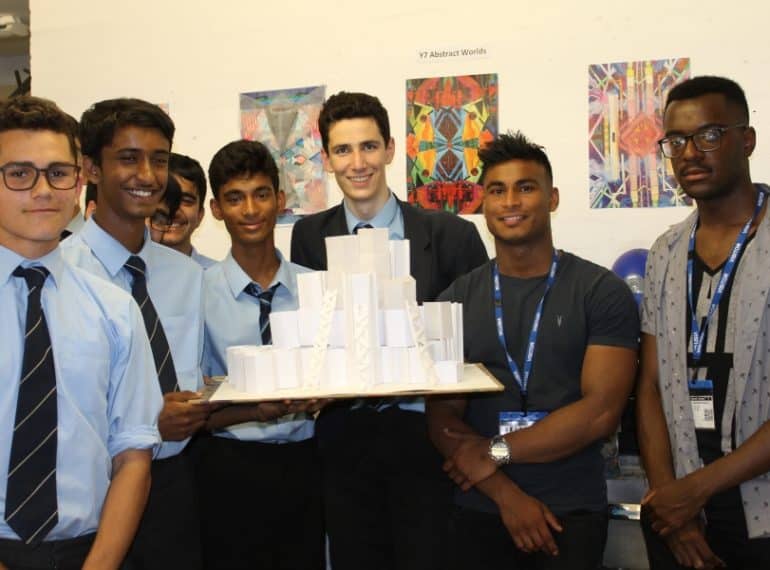
Equipped only with card and drinking straws, Year 10 boys had to be constructively creative during an architecture event held as part of QE’s Enrichment Week.
For the challenge run by the Art department, House teams were asked to make an architectural structure made up of modular forms, with a theme of Folded Architecture.
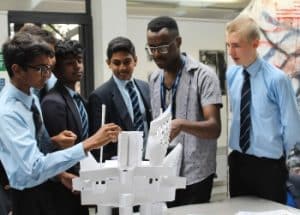 Two of 2017’s Year 13 leavers, Nabil Haque and Tochi Onuora, who are both studying Architecture at Cambridge, came back to help.
Two of 2017’s Year 13 leavers, Nabil Haque and Tochi Onuora, who are both studying Architecture at Cambridge, came back to help.
Towards the end of the day, the participants were instructed to consider what purpose or building form their structure could fulfil. (They had not been told they were making buildings earlier in the day, so that their thinking would not be constrained by notions of what they considered to be normal for buildings.)
With function therefore following form, the six-strong teams decided that what they had designed could be put to use for buildings as diverse as stadia, hospitals, safari lodges and residential accommodation, to name but a few.
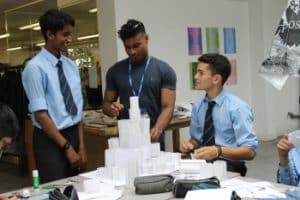 The pieces were judged at the end of the event. The Stapylton House team – comprising Alex Aliev, Nikhil Gulshan, Rakul Maheswaran, Jack Runchman, Aqif Choudhury, Riaz Kalim and Jude Miranda – won overall. Their contribution was praised for the way that it essentially used the same hexagonal shape repeatedly to build up the structure and create something very stable, yet still architecturally interesting.
The pieces were judged at the end of the event. The Stapylton House team – comprising Alex Aliev, Nikhil Gulshan, Rakul Maheswaran, Jack Runchman, Aqif Choudhury, Riaz Kalim and Jude Miranda – won overall. Their contribution was praised for the way that it essentially used the same hexagonal shape repeatedly to build up the structure and create something very stable, yet still architecturally interesting.
Head of Art Stephen Buckeridge reported that the two visiting Old Elizabethans were very complimentary about the boys’ innovation, lateral thinking and openness to exploring new ways of thinking. He added that the models looked very professional, considering the time spent and rudimentary nature of the materials used. In fact, so good were the models that a small exhibition was staged to give other staff a chance to see them.

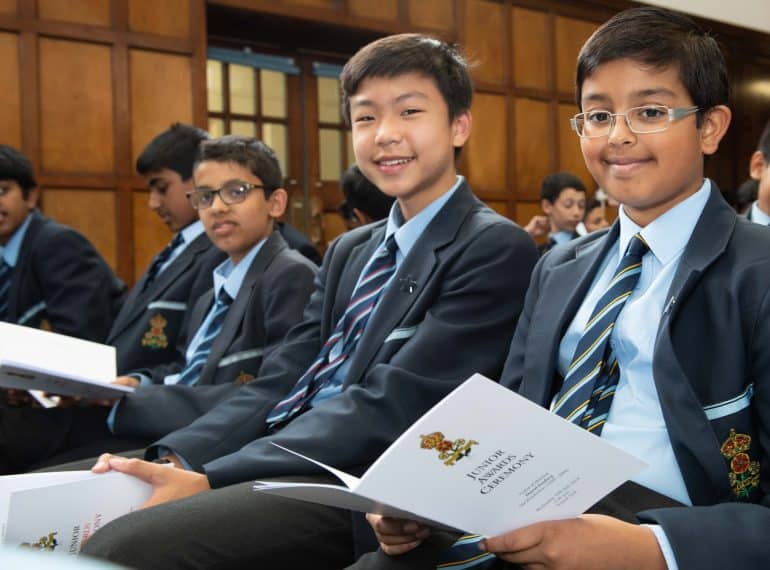
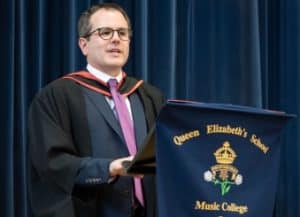 Mr Enright congratulated the award-winners and explained how they could learn from the former South African President and 1993 Nobel Peace Prize-winner, speaking on what would have been his 100th birthday.
Mr Enright congratulated the award-winners and explained how they could learn from the former South African President and 1993 Nobel Peace Prize-winner, speaking on what would have been his 100th birthday.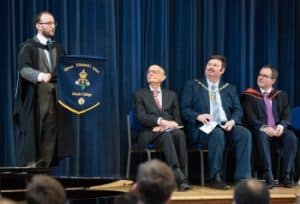 Just as Mr Mandela had spoken of “keeping one’s head pointed towards the sun, one’s feet moving forwards”, the boys should “keep taking those forward steps” and should also be “highly, but realistically, ambitious”.
Just as Mr Mandela had spoken of “keeping one’s head pointed towards the sun, one’s feet moving forwards”, the boys should “keep taking those forward steps” and should also be “highly, but realistically, ambitious”.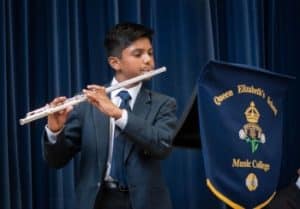 The ceremony was enhanced by music performed by the boys, including three pieces from British composers – Samba Triste from Three Piece Suite by Sir Richard Rodney Bennett, Promenade from Le Tombeau de Couperin by John McLeod and Hypnosis by Ian Clarke.
The ceremony was enhanced by music performed by the boys, including three pieces from British composers – Samba Triste from Three Piece Suite by Sir Richard Rodney Bennett, Promenade from Le Tombeau de Couperin by John McLeod and Hypnosis by Ian Clarke.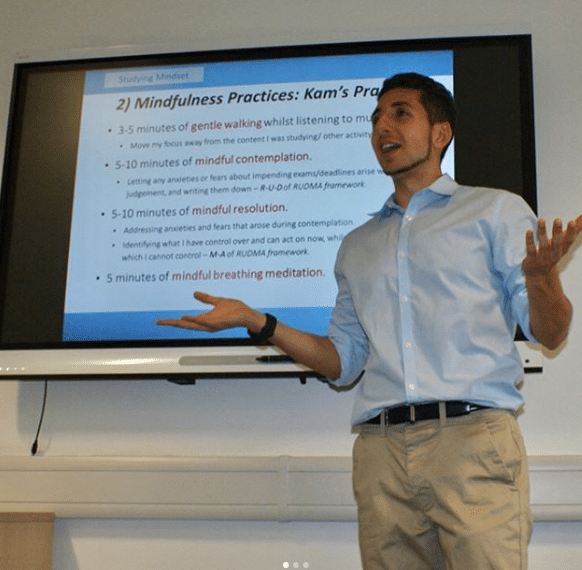
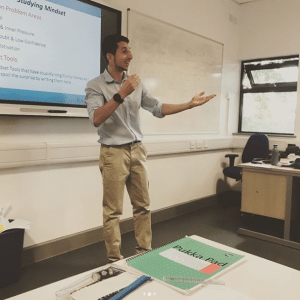 The course was part of the extensive programme QE provides to support senior boys as they make university applications and consider career choices that best match their talents and aptitudes. Applications to Oxford and Cambridge must be made by 15 October for places starting the following autumn. QE boys secured 144 places at the two universities in the five years from 2013 to 2017.
The course was part of the extensive programme QE provides to support senior boys as they make university applications and consider career choices that best match their talents and aptitudes. Applications to Oxford and Cambridge must be made by 15 October for places starting the following autumn. QE boys secured 144 places at the two universities in the five years from 2013 to 2017.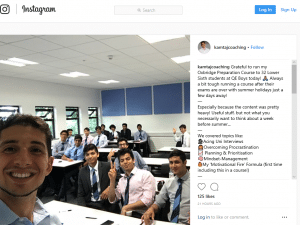 Kam also introduced a new topic, with the QE boys the first to hear about his Motivational Fire Formula.
Kam also introduced a new topic, with the QE boys the first to hear about his Motivational Fire Formula.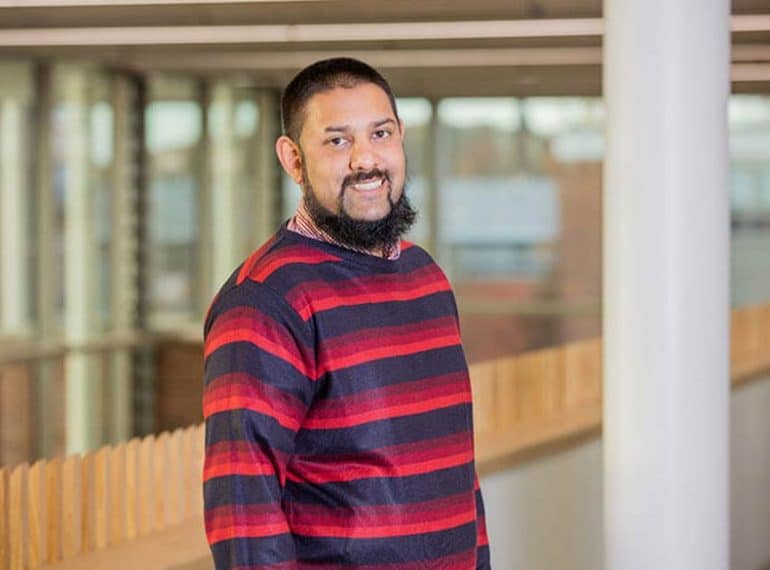
 Mustafa had particular advice for those who fall into “thinking traps” and find themselves unable to stop dwelling on England’s missed opportunities – the scoring chances missed by Kane, whether Croatia’s semi-final equaliser should have been ruled out for a dangerously high foot, or Harry Maguire heading wide from a good position in Saturday’s match against Belgium.
Mustafa had particular advice for those who fall into “thinking traps” and find themselves unable to stop dwelling on England’s missed opportunities – the scoring chances missed by Kane, whether Croatia’s semi-final equaliser should have been ruled out for a dangerously high foot, or Harry Maguire heading wide from a good position in Saturday’s match against Belgium.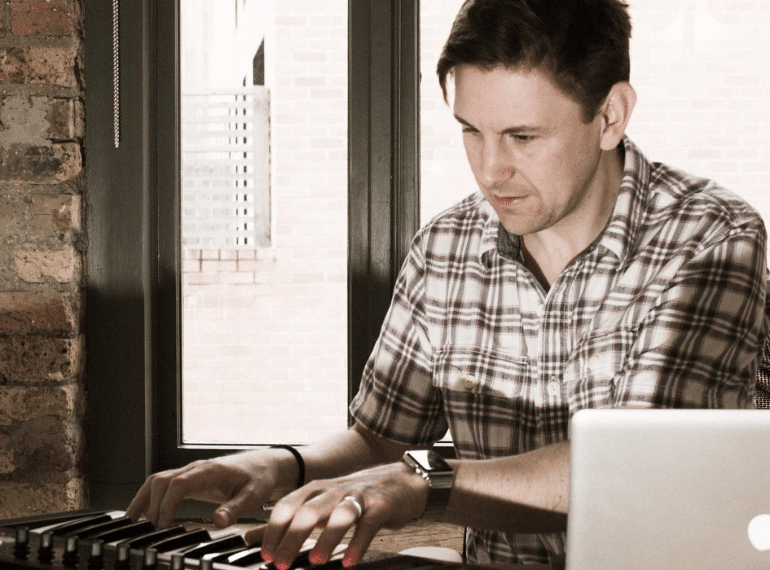
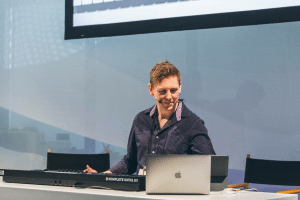 His work centres on Komplete Kontrol, the award-winning keyboards used by many of the world’s leading composers and producers including Stevie Wonder, Herbie Hancock, Jean-Michel Jarre, Hans Zimmer, Junkie XL, John Powell, Noah Shebib, Jacob Collier and Justin Kauflin.
His work centres on Komplete Kontrol, the award-winning keyboards used by many of the world’s leading composers and producers including Stevie Wonder, Herbie Hancock, Jean-Michel Jarre, Hans Zimmer, Junkie XL, John Powell, Noah Shebib, Jacob Collier and Justin Kauflin.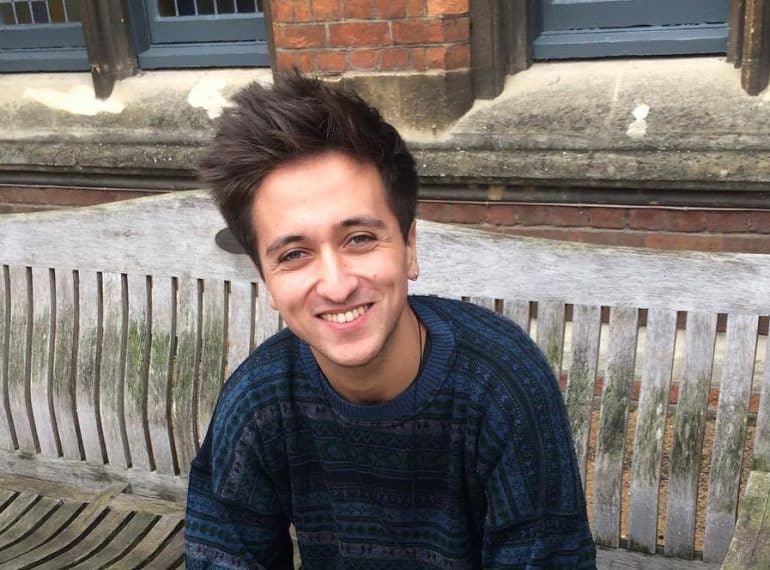
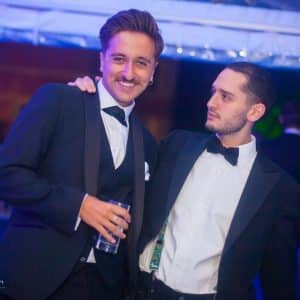 In addition to the OEs he holidays with, Surya meets up with others from his year group “both by chance at university, and on purpose for intermittent catch-ups at the pub. As a year, we have a pretty large group of people who seem to be fond of each other, which I’m thankful for. Even when at a new university or stage of life, when you find yourself having to make new friends, it’s always nice to be able to also catch up with well-known faces every once in a while.”
In addition to the OEs he holidays with, Surya meets up with others from his year group “both by chance at university, and on purpose for intermittent catch-ups at the pub. As a year, we have a pretty large group of people who seem to be fond of each other, which I’m thankful for. Even when at a new university or stage of life, when you find yourself having to make new friends, it’s always nice to be able to also catch up with well-known faces every once in a while.”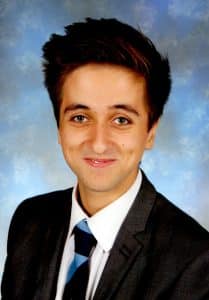 Surya returned to QE last year to talk to Year 11 about the virtues of studying English at university and to conduct mock university interviews. Looking back to his own School days, he recalls with affection certain characteristic sights and sounds: “The noise of the atrium at lunchtime, with people constantly banging on lockers as they play cards or scramble to finish off some work, sticks in my mind.
Surya returned to QE last year to talk to Year 11 about the virtues of studying English at university and to conduct mock university interviews. Looking back to his own School days, he recalls with affection certain characteristic sights and sounds: “The noise of the atrium at lunchtime, with people constantly banging on lockers as they play cards or scramble to finish off some work, sticks in my mind.